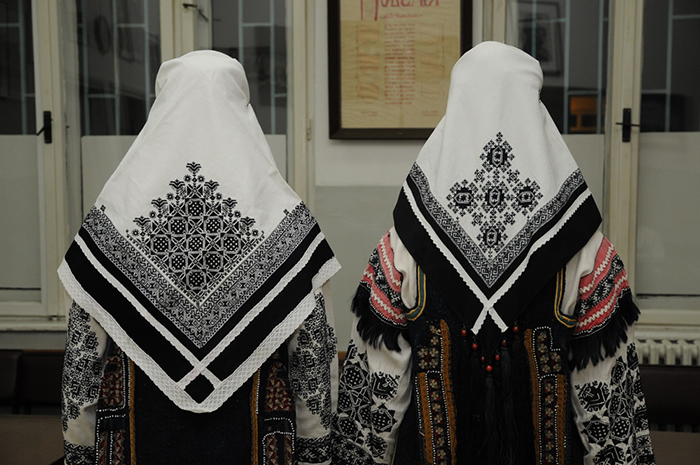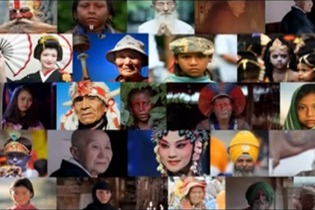Bosnia and Herzegovina successfully digitalize its living heritage after the COVID-19 pandemic
 |
| Bosnia and Herzegovina has 4 inscribed elements on the 2003 Convention Lists, such as the Zmijanje embroidery pictured here. © 2013 by Museum of Republic of Srpska |
In April 2020, the Living Heritage Entity launched an online survey to grasp the impact of the COVID-19 pandemic around the world. The “Living Heritage in the Face of the COVID-19 Pandemic” report summarizes the results of the survey and the challenges and opportunities for living heritage during this crisis. Furthermore, three key recommendations provide essential insight about how to integrate living heritage into post-pandemic recovery plans. UNESCO launched eight pilot projects based on the above-mentioned recommendations, implemented by Field Offices.
UNESCO has recently received the outputs of the pilot project Digitization of the intangible cultural heritage elements of three communities in Bosnia and Herzegovina. Implemented by the local agency Society for Digitalization of Traditional Cultural Heritage in collaboration with the National Section of CIOFF® Bosnia and Herzegovina, this project aimed at collecting local living heritage elements and making them digitally available to the wider public. The platform tkanica.org is now live and it features numerous aspects of living heritage from Bosnia and Herzegovina.
The data collection was led by local community teams, and they also gathered testimonies to measure the impact of the COVID-19 pandemic on local living heritage. The teams were trained beforehand to raise awareness on the importance of safeguarding ICH and the 2003 Convention.
In parallel to the data collection, many events took place, such as a conference with the participation of government bodies and ICH experts from neighboring countries, and seminars in local communities that were successfully covered by local media channels. The project ended up being widely promoted and as a result, the implementing actors were contacted by other communities to organize similar projects. Finally, the organizers of the project mentioned in the report the high number of materials collected during the process, even more than they first thought.
UNESCO is pleased that the digital platform is now online, setting a precedent for more initiatives as such in the region and demonstrating once more the resilience of communities in the face of the COVID-19 pandemic.

Address: 81, Laiguangying West Road, Chaoyang District, Beijing, China
Zip Code: 100021
Tel: 86-10-64966526
Fax: 86-10-64969281
E-mail: crihap@crihap.cn
Leave us your e-mail address, we'll let you know about current events.



